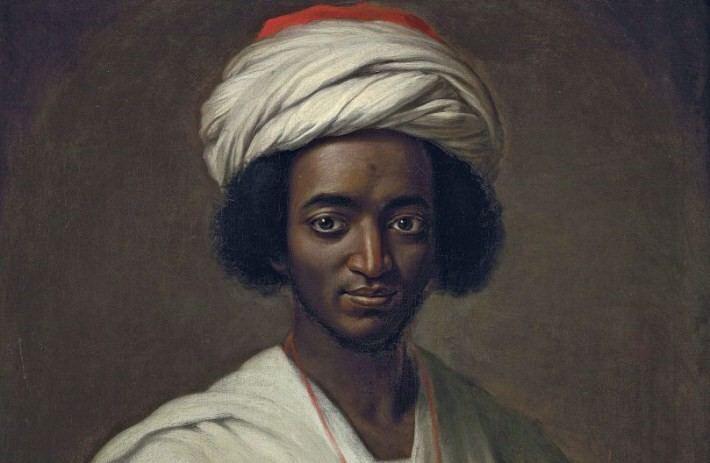Abdulrahman Ibrahim Ibn Sori was West African royalty before he was enslaved on a Mississippi plantation. After a shackled journey across the Atlantic, Abdulrahman Ibrahim Ibn Sori was desperate to make the man about to purchase him, Thomas Foster, understand his terrible mistake: he wasn’t supposed to be enslaved, the 26-year-old was the heir to one of Africa’s most influential kingdoms.
Sori had arrived in Mississippi after being kidnapped by enemy troops in 1788 in his native Fouta Djallon in what is now Guinea. The powerful royal was sold to slave traders for a few muskets and rum at the height of the global slave trade, when an estimated 80,000 Africans were being captured, chained, and shipped across the Atlantic Ocean every year.
Sori was one of 12.5 million Africans forced from their homes and sold to the New World between 1525 and 1866. Sori was an exception to many slaves at the time; he was a highly educated aristocrat. His dramatic quest for freedom would eventually catapult him to national celebrity status.
Sori had been educated in Islam and politics in neighboring Timbuktu (Mali) and by the time he was captured he spoke at least five languages and was the head of a 2,000 person army. Sori was horrified by how primitive and undeveloped Mississippi was.
The Kingdom of Fouta Djallon was a very sophisticated society with a constitution and laws. “This was during a period of intellectual expansion” said Hamza Yusuf Hanson, an Islamic scholar, in the documentary Prince Among Slaves.
Foster, the man who who bought Sori, was an uneducated man who grew tobacco and herded cattle, Foster knew little about cotton but with Sori’s help, Foster became one of the region’s leading cotton producers. As his plantation swelled, so too did Sori’s influence. He became a foreman and met 25-year-old Isabella, a midwife also enslaved by Foster that Sori would go on to marry.
The two had five sons and four daughters and Sori’s relative freedom meant he could grow vegetables and sell them at a local market.
When Foster finally agreed to release Sori, he stated that he would only do so with compensation under one condition: that he be transported directly back to Africa without ever enjoying “the privileges of a free man within the United States of America.”
Sori’s freedom was imminent but Isabella’s and his children were not. His determination to return to Fouta Djallon was matched by his refusal not to do so without his family.
As he prepared to travel to Washington, D.C. from which he would set sail to Africa, word of his epic grew. Newspapers covered his journeying and events along his route were planned in his honor. Everywhere he went, word of an enslaved man who could not only read and write but was a skilled orator and claimed to be a Muslim prince drew crowds of shocked and gawking onlookers.
He was quickly able to buy Isabella’s freedom, but he had to continue soliciting donations for his children, asking even President John Quincy Adams for funding, which Adams refused. Sori was not able to raise enough money to free his children.
Sori set sail across the Atlantic––this time joined by his wife and with the U.S. government footing the bill––desperately hoping their children would be able to follow. When he arrived in Monrovia, Liberia in March of 1829 the first thing he did was unroll his prayer mat and bow to the earth.
Sick and weakened by the journey, Sori would contract a fever just four months later and die at age 67. He would never return to Fouta Djallon or see his children again.
Source: BestNewsGH.com

